Mystic of Perfume Making

There are different ways to initiate the composing of a new fragrance, but the spirit of it should always be one; “Kodo” the Zen of perfume.
In the Hebrew mystic, it is taught that all senses give pleasure to the body while the sense of smell gives pleasure to the soul.
In the Sufi Way, each “state” is associated with a scent, and in the Semitic language the word “fragrant” is a synonym to the word “good” as if every good perfume necessarily comes from a good thing, and every good thing necessarily emanates a good perfume. As conclusion of this, we have the tradition of the “perfume of holiness” that emanates from pious people whose actions are virtuous (good).
A perfumer from the industry has to learn his base notes, their molecular structure, the story of their utilization, their preferred combinations with other ones, their making process, and their eventual toxicity.
The Natural Perfumer also has to learn to know his base notes, his ingredients, the notes of his working instrument.
Natural essences are a lot more complex than the singular synthetic molecules used by the industry of mass perfumes.
The essential oil of plants is their vital spirit extracted through a basic process of Alchemy: distillation.
Basic knowledge of Phytotherapy, our ancestral medicine, is indispensable to the knowledge of the essences because the medicinal properties of plants are most often due to the essential oil they contain.
The traditional plant healer is able to understand their curative properties just by observing them. Many are the clues; their shape, their growing, their reproduction, their preferred ground, their ideal climax, their reaction to aggressions, and their perfume.
The natural perfumer should arrive at this intuitive knowledge. Smelling a new essence he should understand its medicinal properties. He shall be able to do this if he uses them daily not only to compose perfumes but also to cure himself, his family, and his friends.
In fact, practicing Aromatherapy is a natural outcome for those who compose perfumes with natural raw materials.
Essential oils are material substances but their smell is immaterial. The material substance is used for Aromatherapy in drinks, foods, or in massages, but their immaterial fumes, their vibration, and their aromas have on us surprising effects.
Who has not experienced, for instance, that the smell of lemon makes him salivate?
Or lived intense emotions provoked by smelling odors from his past?
We all experience how much can bad smells disturb us psychologically and how good ones can comfort us or make us happy.
The natural perfumer must learn the psychological properties of his raw materials. He will learn that simply by wearing them and observing the effects they produce on himself and on others.
This knowledge cannot be acquired except through personal experience and if you were alone this could take a long time.
Fortunately, we are not alone, many are conducting research in the field of olfactory psychology. If you study their conclusions and confront them with your own, you will not only grow rapidly in knowledge but also be able to contribute with new discoveries. The field of olfactory research is an unknown ocean still to be explored.
Olfactory research is not limited to the body mechanisms, it explores the infinity of the human soul.
For the natural perfumer wearing his essences is the primordial way to attain to knowledge that is indispensable to composing them into perfumes.
Wearing perfumes is the Kodo for the natural perfumer.

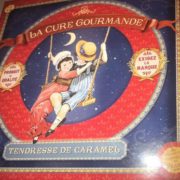

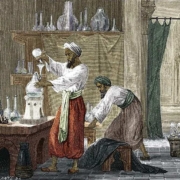

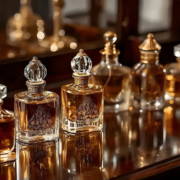

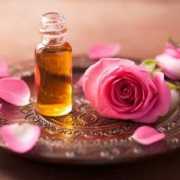
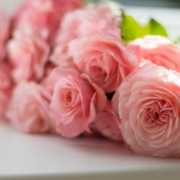













Leave a Reply
Want to join the discussion?Feel free to contribute!